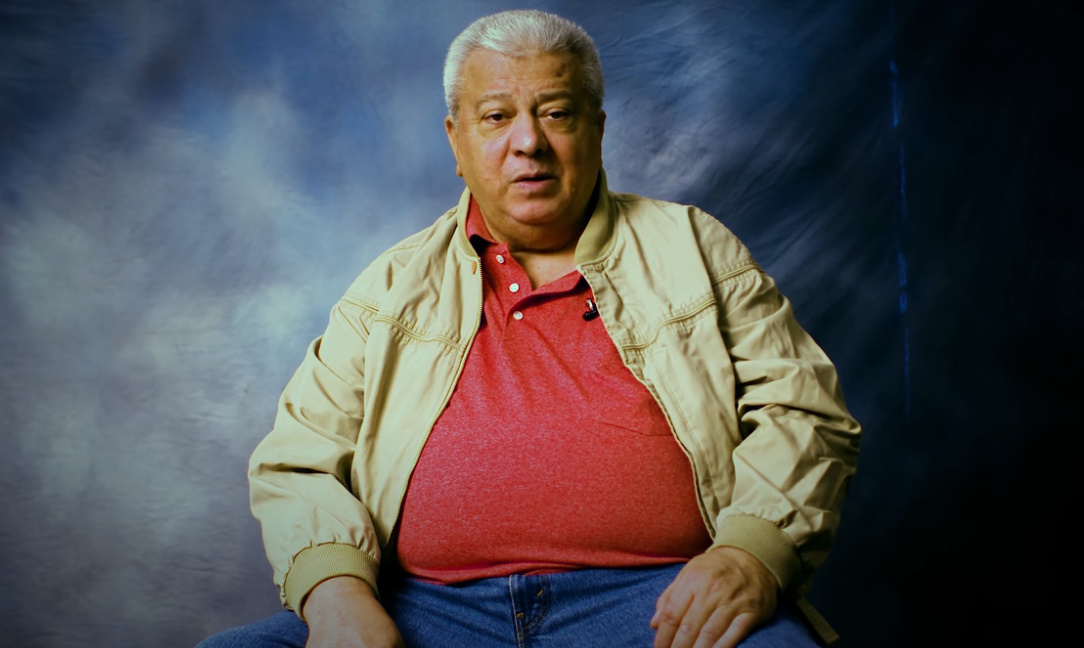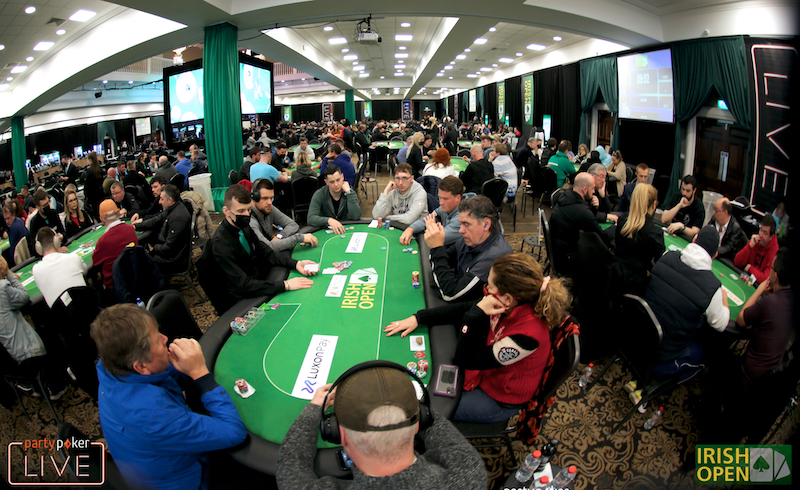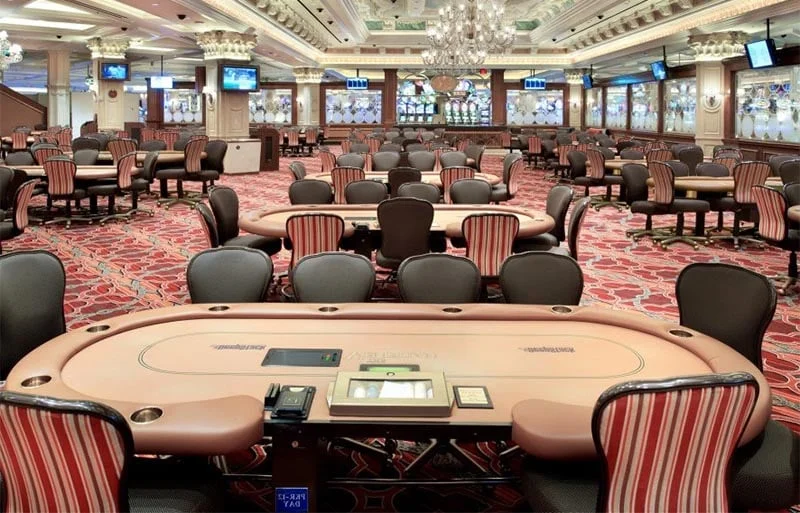Famed gambler Archie Karas, who twice built up an eight-digit gambling bankroll from much smaller stakes only to lose it back to the casinos, has emerged after years of silence for an interview with rising YouTube channel Soft White Underbelly to discuss his personal rise and fall. Karas is the man behind “The Run,” which saw him briefly build a bankroll reputed to have reached $40 million at Las Vegas’s blackjack tables before losing it all over the course of three weeks.

Karas, now 70, spoke for over 20 minutes about his legendary rise and fall. Mark Laita’s Soft White Underbelly has built an audience of nearly two million subscribers by focusing on the down-and-out of society, interviewing homeless people, sex workers, and now, a fallen high-stakes gambler.
Karas (real name Anargyros Karabourniotis) was born in Greece and came to the US at age 17, where he worked at various odd jobs before discovering and succeeding in Los Angeles’ underground gambling scene. He specialized in poker and pool, before traveling to Las Vegas in the 1980s. In Las Vegas, he won millions off of some of the most famous players of the day — including Stu Ungar, Chip Reese, Puggy Pearson, and Johnny Moss — though many of the pros insist Karas was often given handicaps in their various heads-up duels.
Much of Karas’ initial fortune came from winning high-stakes pool matches against another poker and pool sharp never formally identified, but widely reputed behind the scenes to have been present-day casino boss Bobby Baldwin.
Bans, rumors, and Nevada’s ‘Little Black Book’
Given SWU’s focus, the interview inevitably turns from Karas’s early ’90s highs to the troubles he experienced in later years. Karas was arrested on multiple occasions for cheating in casinos, beginning in the early ’90s and continuing through the middle 2010s. He was charged with marking cards in a 2013 incident at California’s Barona Resort and Casino, which resulted in him being sentenced to probation while also being banned and paying restitution.
In the interview, Karas claims he was the victim of a terrible defense attorney who recommended, “Let’s plead down.” He was supposed to receive one year’s probation in addition to restitution, but got three years probation instead. “My attorney lied to me. I got terrible counsel,” he said, adding, “They didn’t have no proof that I did it.”
Just two years later, Karas was added to Nevada’s infamous “Little Black Book,” the state’s list of persons excluded from casinos statewide. That followed Karas’ involvement in a similar card-marking incident at a Nevada casino.
Karas was also involved in card-marking controversies in 2008 and 2009. Karas was backed into numerous WSOP events by a longtime friend, the late Mike Sexton, who on many occasions over the years came to the aid of gamblers down on their luck. (Sexton and his late brother Tom also once purchased a used car and gave it to Karas for his personal use.)
Karas ended up cashing in three WSOP events in 2008 and 2009, but he was dogged by numerous allegations made by other players to floor staff that he was marking cards.
Karas approached this writer personally at one point during the 2008 series and claimed, roughly, “There’s something funny going on with the cards,” but declined to name names or provide additional details. No formal penalties were issued. Karas made a 2008 Razz final-table, and a deuce-to-seven final in 2009, where he posted an “official” career-best tourney payday of $53,783.
Karas denies ‘addiction’ to gambling
When asked if his gambling lifestyle was an addiction, Karas denied it, instead terming it as his way of making a living. But when interviewer Laita used the softer word “compulsion,” Karas bought in. “Yeah, it’s a compulsion,” he said, “but everything’s a compulsion, even when you work.”
About his gambling lifestyle, Karas continued, “It gets into your blood … Gamblers enjoy both winning and losing. You get a fix by losing.”
Though continuing to deny he had a gambling addiction, Karas still used drug metaphors to describe his compulsion, stating, “When you win, that’s the cocaine of gambling. And when you lose, that’s the heroin dark side.”
Diagnosed with brain aneurysm in 2020
Karas acknowledged during the interview that he had a health scare last year when he was diagnosed with a brain anuerysm. He blamed it on “all the pressure, the ups and downs of the gambling. I paid the price.”
Karas did not delve into whether he’d had surgery for the aneurysm, or whether it’s even operable. He did refer to it, however, when asked about what made him sad. To Karas, that includes being broke and sick, though he repeatedly insisted his legendary gambling wasn’t actually about the money itself. “The pressure got to me, and my health went down,” Karas said, while also stating that health is precious, since it can’t be bought.
At last report, Karas continues to live in Las Vegas, despite his legal inability to gamble in any of the state’s casinos. The SWU interview, which was published on Sunday, has already generated nearly 80,000 views.


